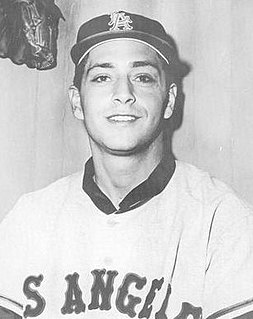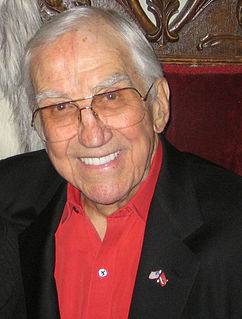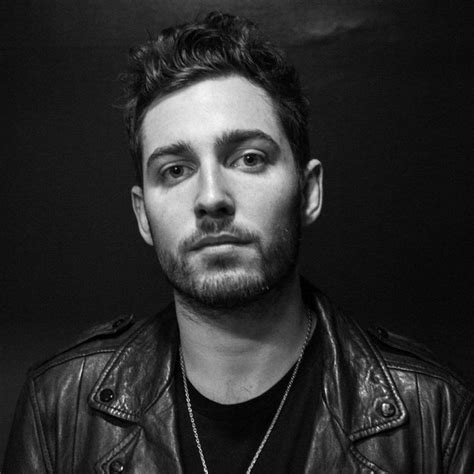A Quote by Aravind Adiga
When I was writing 'The White Tiger' I lived in a building pretty much exactly like the one I described in this novel, and the people in the book are the people I lived with back then. So I didn't have to do much research to find them.
Related Quotes
A lot of people will think I changed the book: ‘so you’re the tiger instead, you’re the tiger who ate the cook.’ That’d be totally expository, like in the book, ‘you’re the tiger’ and then it stops there. That seems to have the magic touch. I bring everything together. That’s why he made up the story, the whole thing becomes internalized. That might be the magic, but all I did is not so much interpreted, but try my best to keep everybody still staying in the movie. And I was like, ‘God, it’s so hard to do.’ I make movies for a long time. It doesn't get easier.
I came to nonfiction through journalism. My first book was journalism, and it was so frustrating to me, while I was writing it, that I wasn't capturing the moments the way they were when I lived them; I was filtering and re-filtering. I had to come to terms with the fact that I couldn't and shouldn't claim authenticity. Then, when the book was published and I gave readings, I'd hear myself read and it was like I was eavesdropping on a dream - even with myself as the narrator. I knew that guy but couldn't exactly recognize him.
Getting 'Millionaire' right was as hard as writing 'Dirty Pretty Things.' Harder. In the pilots, contestants kept wanting to take the money; we had to find ways - the lifelines - of keeping them in the seat, answering the questions. But there is so much snobbery about popular culture. A game show just isn't valued as much as a novel.
"The Diagnosis" is by far my most ambitious book. I such great hopes for it... there was so much I wanted to do with the book. I was extremely insecure about it for several years. Just didn't know whether I would finish the book much less for it to come close to what I intended. I think that for any novel you never know exactly how the book is going to turn out...
I guess I just use the word vibe in pretty much everyday context and every sentence I possibly can. Some people find it hilarious, some people find it cool, some people find it infuriating, but ultimately it's coming out of my mouth so as long as i I like the sound of it who cares too much what anyone else thinks?





































